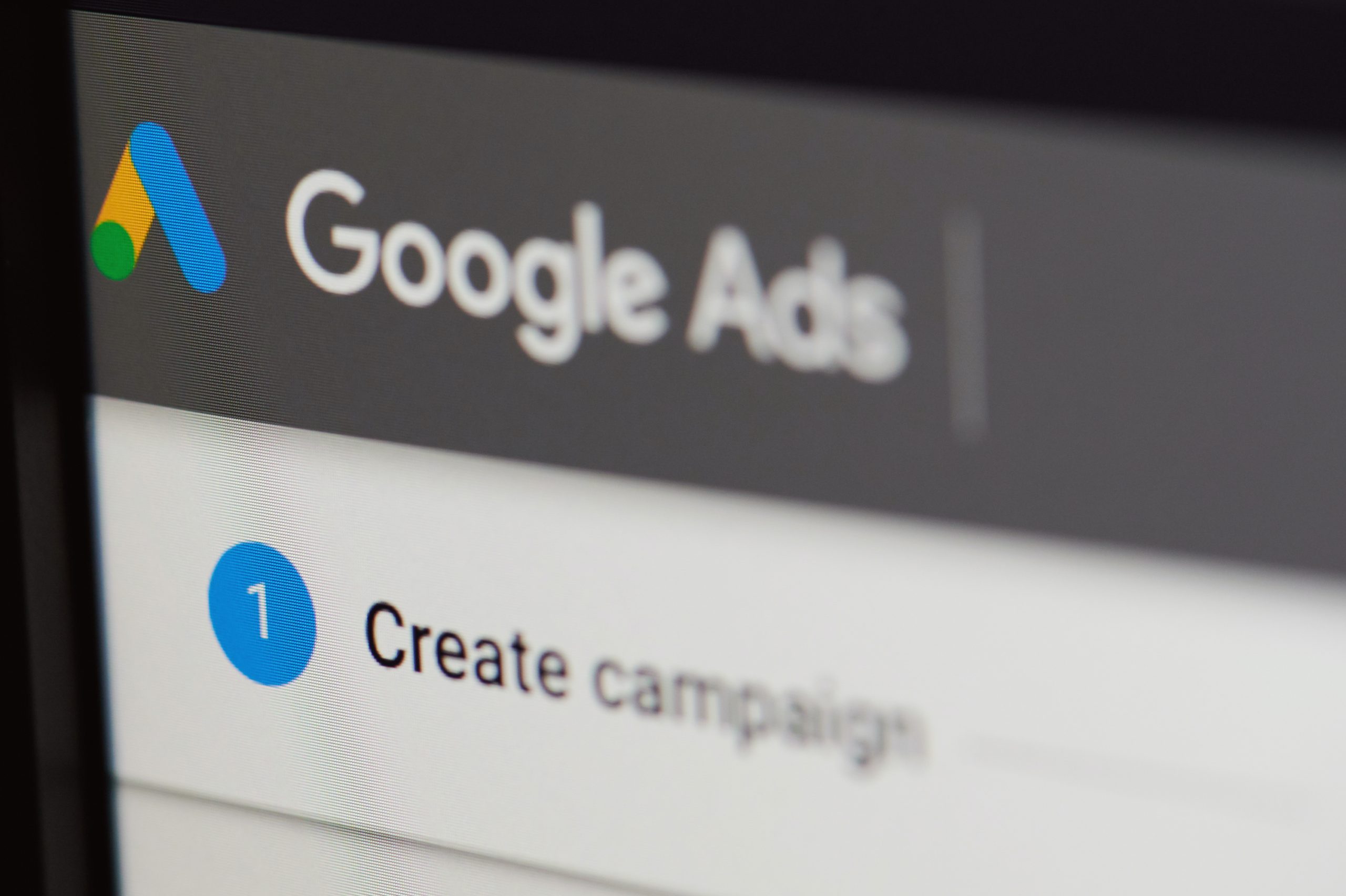
Google has announced changes to keyword matching, including a change that prefers the phrase and broad keywords which are identical to the query string. Google is also updating the matching process for queries that don’t have an identical keyword match.
The Basis For This Change
Earlier this year, Google announced that an exact match keyword that is identical to the query string will be preferred whenever that keyword is eligible to match, in order to help reduce account complexity.
Now, Google is announcing the same for phrase and broad match.
For example, if the query string buy a dog bowl is eligible to match multiple broad match keywords in your account (like dog bowl, purchase a dog bowl, and buy a dog bowl), Google will give preference to the identical keyword.
Advertisement
Continue Reading Below
This Change is now applicable to both broad and phrase match.
What About Exact Match?
Exact match keywords will still be given preference over phrase and broad match terms.
What if No Keywords are Identical to the Query?
Previously if you had multiple relevant keywords that were eligible to match, the search engine would use Ad Rank to determine which keyword to deliver. Google is now taking relevance signals into account, by looking at the meaning of all the keywords and the landing pages in the ad group, in addition to Ad Rank.
Google shared this table, which outlines how keywords will be matched:
Advertisement
Continue Reading Below
|
Keywords that are eligible |
How keywords are selected |
|
More than one broad match keyword |
Only relevant broad match keywords from the most relevant ad groups will be considered. Ad Rank is then used to decide which keyword will be selected among this narrow set of broad match keywords with similar relevance. |
| One broad match keyword and one exact match / phrase match keyword | If you have exact match or phrase match keywords that are deemed more relevant than these broad match keywords, the exact or phrase match keyword will be selected.
If you have exact match or phrase match keywords that are deemed similar or less relevant than these broad match keywords, there is still a chance the exact or phrase match keyword will be selected if it has a higher Ad Rank. |
|
More than one exact match / phrase match keyword |
If you have multiple exact and/or phrase match keywords eligible and no broad match keywords eligible, the keyword with the higher Ad Rank will be selected. |
What Should Advertisers Do?
The goal of this change is to allow advertisers to feel more comfortable using broad match keywords, without fear of losing control of existing keywords or tighter match types.
Google also suggested that there’s no benefit to using the same keywords in multiple match types when using Smart Bidding as broad match already covers the same queries. However, I highly recommend running small tests in your own account before drawing any conclusions.
All that said, as a personal opinion, there’s still value in having multiple match types, in the sense that exact match should still match more tightly and therefore may attract better relevance than a broad match keyword. Putting all of your eggs in the broad-match-basket could lead to increased CPLs because that term could likely still match to other lesser-relevant terms, driving up the cost. Anecdotally, my campaigns running identical terms as broad match with smart bidding run (vs. exact + phrase with the same smart bidding settings) still run at higher CPLs than their counterpart using exact and phrase.
Advertisement
Continue Reading Below
fbq('trackSingle', '1321385257908563', 'ViewContent', { content_name: 'google-updates-keyword-matching-processes-for-phrase-broad-match', content_category: 'news pay-per-click ' });
